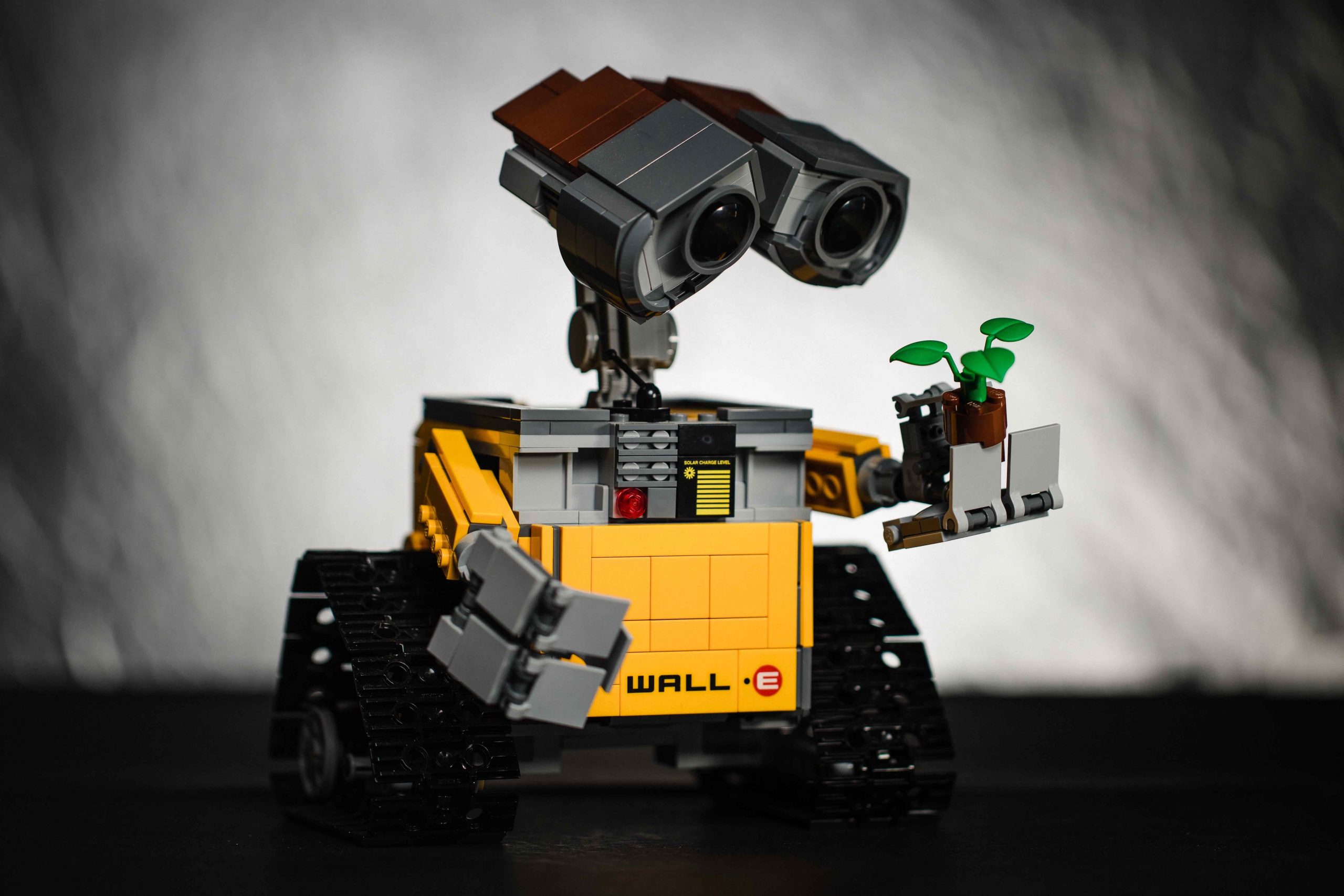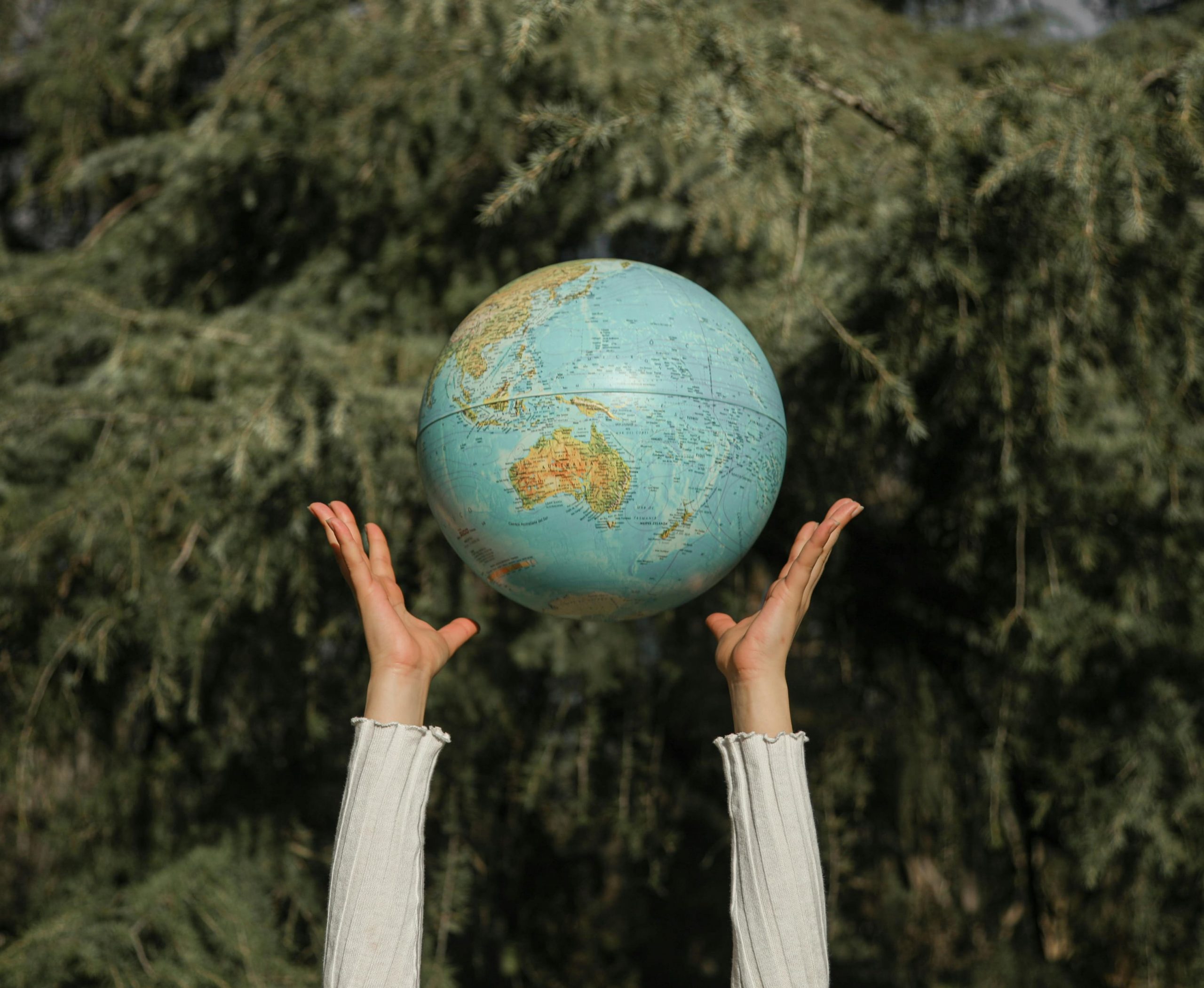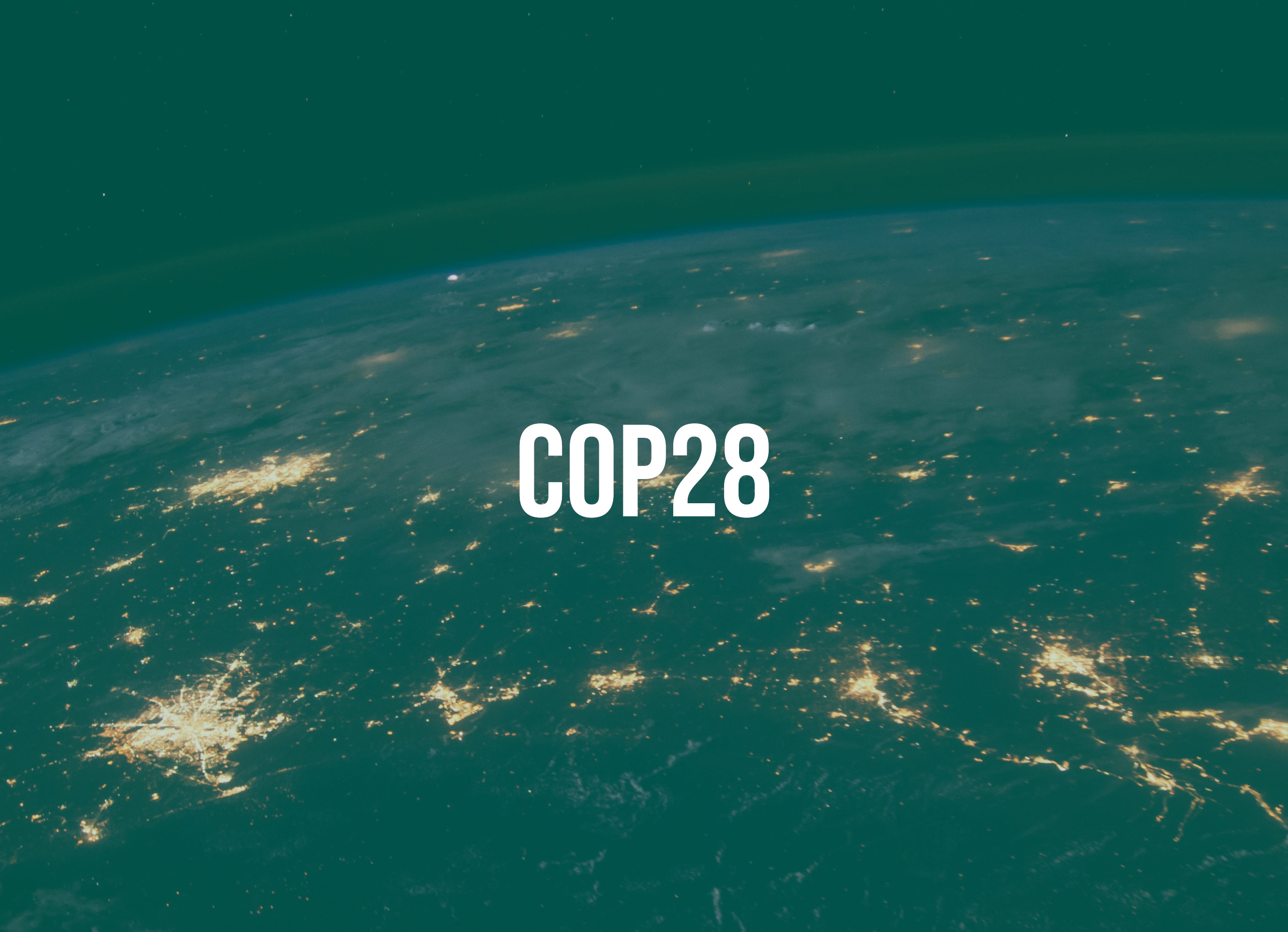Blue-gold: this the words we are getting used to talking about water. When a vital resource is scarce for the society and the environment, just like the gold in the Wild West, it becomes the object of competition. A race that is also made of water grabbing, the definition that the journalist Emanuele Bompan and Marirosa Iannelli selected as the title for their latest book.
Water grabbing is meant to indicate situations in which “powerful actors – the authors explain – who can take control or divert precious water resources to their advantage, taking them away from local communities or entire nations, whose livelihood is based on those same resources and ecosystems that are plundered”.
The book is a kind of worldwide tour among “Blue-Gold rushes,” among glaciers, fracking activities for shale gas, floods, and droughts. From Mekong to Bolivia, from the USA to Italy, from the Gulf of Mexico to South Africa. A tour around the world that aims to reveal the “hidden wars for water in the XXI century,” as the subtitle says.
The whole affair, which is expected to increase over the years, revolves around the scarcity of the resource: 47% of the world’s population, UN reveals, will live by 2030 in areas of high water stress, with consequent competition to gain control over this resource. The issue is therefore of great interest, and is of particular interest for those who deal with climate change. Climate plays a relevant role in defining water scarcity. The demographic surge, on the one hand, the growth in consumption, on the other hand, climate-related phenomena in the midst: the increase in temperature, the scarcity of rainfall – especially in summer – the lower snowfall. These are all factors that help to make scarce water a precious resource on which to trigger the race to grabbing.
Furthermore, the issue of the distribution of water resources, just like climate change, requires eyes that are able to look at the whole picture, at the Planet. At the same time, these same eyes have to be able to focus on the consequences that are caused, in a very concrete and defined way, at the local level. It requires an eye of geographers, writes Bompan, to understand well that if a local war is occurring around a dam, maybe that the causes must be sought even far away. In other words, to understand the complexity of these problems it is essential to understand how phenomena that are changing the world have a concrete, serious, local impact.
Finally, a third aspect that brings together the “Blue-Gold Rush” and climate change is still in the complexity of the two phenomena: they both need different levels of narrative. Telling the climate means breaking down the boundaries of many disciplines that were not used to talking to each other and collaborating. Water Grabbing is not just a book; it is a project that keeps together journalism, photography, non-fiction, cartography. It is a journey that began on the web, continues with the pages of this book and is intended to evolve in the forms and ways that authors, and readers, will find.






